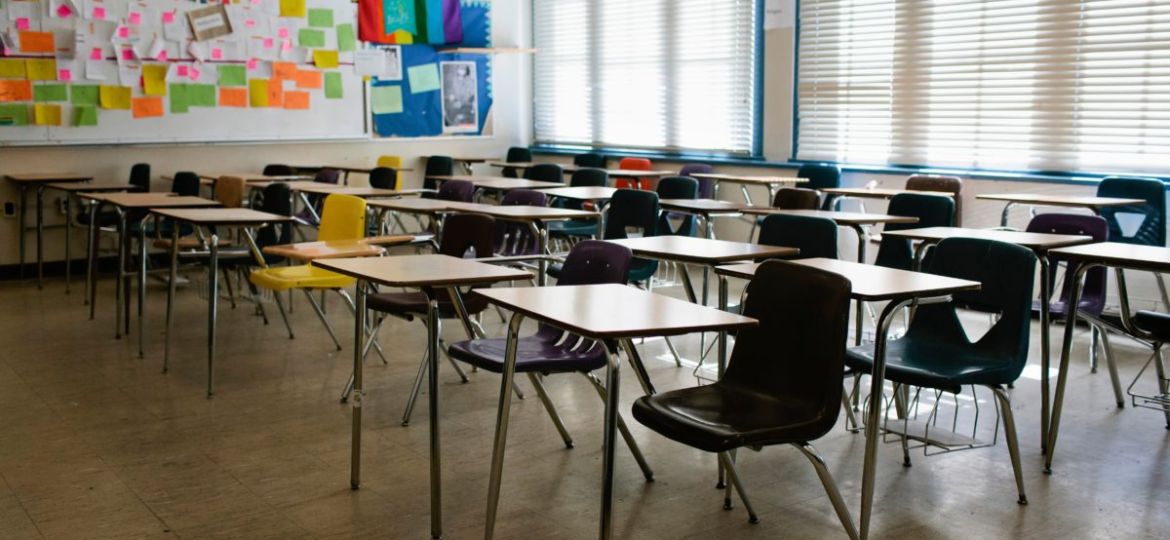
TRENTON – The Senate Education Committee advanced legislation sponsored by Senator Angela V. McKnight that would establish new State requirements on how to determine whether a student has a Specific Learning Disability (SLD) under the federal “Individuals with Disabilities Education Act” (IDEA). The bill, S-1812, prohibits the use of a severe discrepancy between a student’s intellectual ability and achievement in determining whether a student has a specific learning disability, and requires the state to permit the use of other alternative research-based procedures.
“The discrepancy model in determining whether a student has a Specific Learning Disability is a wait-to-fail approach,” said Senator McKnight (D-Hudson). “Minor differences in testing can mean the difference between a student’s eligibility for special education services or not, and offers no insight into what kind of assistance students need. This method also often identifies students with learning differences too late. Our students deserve a more thoughtful, engaged process in collaboration with teachers and specialists to ensure their academic success early on.”
Under the IDEA, there are three potential methods for school districts in identifying whether a student has a Specific Learning Disability: (1) Must not require the use of a severe discrepancy between intellectual ability and achievement; (2) Must permit the use of a process based on the student’s response to scientific, research-based intervention; and (3) May permit the use of other alternative research-based procedures.
Current State Board of Education regulations only permit school districts to use the first two methodologies: (1) A severe discrepancy between achievement and intellectual ability; and (2) use of a response to scientifically-based interventions and methodology.
New regulations would provide that school districts use either a process based on a student’s response to scientific, research-based intervention or other alternative research-based methods.
This bill will give school districts the flexibility needed to implement proven procedures that most benefit New Jersey students.
The bill advanced in a 5-0 vote.

